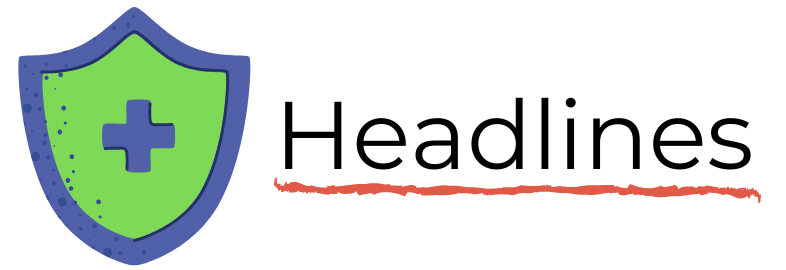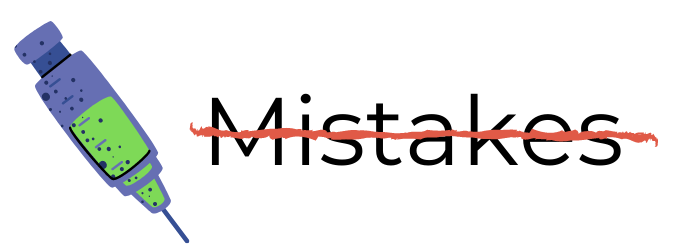Good morning! It has been 380 days since the first documented human case of COVID-19.
I almost thought we were done with Monday vaccine results, but Moderna has given us a surprise report of its final analysis. That’s covered as a headline—just headlines today.
As usual, bolded terms are linked to the running newsletter glossary.
Keep the newsletter growing by sharing it! I love talking about science and explaining important concepts in human health, but I rely on all of you to grow the audience for this:
Now, let’s talk COVID.
Moderna vaccine results and application for EUA
Moderna announced more matured results yesterday, representing the “final” prespecified analysis of their vaccine trial: https://www.vox.com/2020/11/30/21726327/moderna-covid-19-vaccine-results
The new results are in line with what we knew from the interim results, in terms of topline efficacy. But interestingly, they showed that all 30 severe disease cases in the trial happened in the placebo arm. We didn’t know before if these vaccines could prevent severe disease.
Based on this, Moderna is applying for an emergency use authorization from the FDA.
Scott Atlas resigns as Special Advisor
Scott Atlas, a physician with no infectious disease experience who believes in herd immunity as a “strategy” for dealing with the pandemic, has resigned from his position as a Special Advisor to the Trump administration in the US.
This is good news, because Atlas’s perspective was based on a lack of expertise and information, and his advice did nothing other than mislead. Herd immunity is not a viable strategy for the control of viral diseases without a vaccine. Viruses are optimized by evolution to continue to spread through the population at a rate that allows them to survive. A virus that can, naturally, induce herd immunity that can control its own spread is a virus that cannot survive. Eventually, without a vaccine, viruses reach an equilibrium that balances population immunity with their ability to continue to propagate. While this fact has been inappropriately politicized, it is a fact, not an opinion.
With a vaccine the story is different, and the concept of “herd immunity” comes from vaccination strategies, not from epidemiology in a situation of natural spread.
With a vaccine, and without people peddling dangerous views, we may actually be able to achieve herd immunity.
Risk assessment tool
I wanted to share this, but it’s not really a headline per se. This is a tool that can tell you the odds that a COVID-19 positive person is present at an event of a specific size in a specific location. It assumes that there are 5 times as many cases total as have been detected (you can chance this to 10) and lets you look at county-level estimates of the risk of hosting an event of a certain size.
You can find the tool here: https://covid19risk.biosci.gatech.edu/
For what it’s worth, there are very few places in the US where there is a low risk of a COVID-19 positive person at an event even as small as 10 people. In New York City, an event of this size currently appears to have an 11% chance of having a COVID-19 positive attendee (assuming that there are indeed 5 times as many cases at any time as have been detected, which may not be accurate in every locale).
I wouldn’t swear by this tool but it’s a good way of performing estimates as things get worse in the US and around the world.
What am I doing to cope with the pandemic? This:
Watching: M*A*S*H
M*A*S*H is one of the most famous television series in American Histo—actually, in the history of television altogether. If you’re not familiar it’s about a field hospital during the Korean War, but because of when it aired it has a lot of commentary on Vietnam. It’s also an incredible comedy that set Alan Alda up for life.
Lately, we’ve started a rewatch of it, and it’s really appealing to me, for its appeals to comedy in a setting where people feel completely trapped with their lives interrupted, overwhelmed by a flood of casualties via a situation that is entirely capricious. No, the COVID-19 pandemic isn’t a war, but at this point, 6 times as many Americans have died in the pandemic as died in Korea. Our lives this year are a different kind of trauma, but they’re one that I think M*A*S*H can speak to.
I’ve found it somewhat cathartic, at least. You might too.
You might have some questions! Send them in.
Join the conversation, and what you say will impact what I talk about in the next issue.
Also, let me know any other thoughts you might have about the newsletter. I’d like to make sure you’re getting what you want out of this.
This newsletter will contain mistakes. When you find them, tell me about them so that I can fix them. I would rather this newsletter be correct than protect my ego.
Though I can’t correct the emailed version after it has been sent, I do update the online post of the newsletter every time a mistake is brought to my attention.
No corrections since last issue, except that this line mistakenly said “since yesterday’s issue” last issue, when there was no issue two days ago.
See you all next time.
Always,
JS






